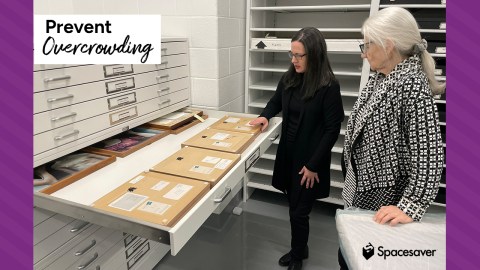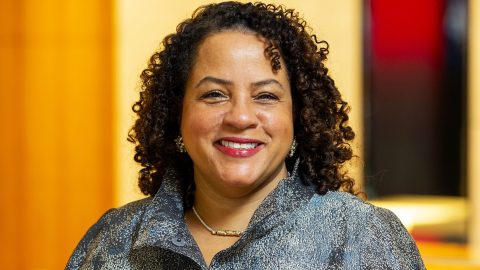Last week, at its annual meeting in Los Angeles, AAM released Demographic Transformation and the Future of Museums—the latest forecasting report from CFM. In the next four decades, America will become a majority-minority nation, while 90% of the core visitors to museums are non-Latino whites. The report explores how museums can diversify their audiences, and staff, to create a future in which museums’ users reflect their communities.
This week’s guest post, commenting on the report, is contributed by Dr. James M Bradburne, Director of the Fondazione Palazzo Strozzi in Florence, Italy.
Dear Elizabeth
Thank you for your paper on the changing demographics of the US museum scene – an excellent piece of work!
I am, however, a little troubled by what seems to me an underlying liberal (in the original, not the current American sense of the word) bias, in which we (and I include myself) often believe that if people don’t agree with us, it is just that we haven’t explained our position well enough. Why, for instance, should we assume that everyone should want to go to the museum? And why should we expect the demographic of museum participation to mirror the population at large? This is a political objective, but not necessarily a realistic or legitimate one. It was the explicit goal of the Centre Pompidou, and it has at least so far failed to be realised.
I imagine the following letter:
Dear CFM;
As president of the International Bingo Organised Konfederacy (‘I be OK’), American chapter, I would like to applaud you on your excellent research on the demographics of museum participation, and in particular, on highlighting the worrying fact that the profile of museum users is strikingly at odds with that of the community at large.
Based on your model, I was encouraged to apply a similar logic to our research on participation in Sunday bingo – a widely practiced form of recreational mathematics. Unlike museums, we enjoy a widespread popularity, and our ‘players’ ethnic and educational backgrounds largely match the composition of the communities in which our ‘parlours’ are a part.
One troubling exception, however, is the startling absence of certain segments of the demographic, especially those in higher socio-economic groups and those with higher education, and in particular educated women aged 30-40. We are concerned that this may reveal unseen obstacles to their participation – a ‘glass ceiling’ – as it seems impossible that this sector of the population should shun popular mathematics – an undeniably pleasurable and beneficial form of informal learning. Inspired by your activism, and by your conviction that once the obstacles have been removed, and when everyone understands the importance of what we have to offer, the profile of our users will perfectly match that of our community, we are taking important steps to enhance the inclusion of these groups, and petitioning both private and public funders to support our laudable initiatives, aimed at ‘bingo for all’.
Yours in liberalism,
Surely we want to eliminate as much as possible the visible and invisible barriers to participation. But once we have, must we then assume that everyone will want to participate? Like the good liberal, must we continue to believe that once we have explained ourselves clearly, everyone must agree? I would argue that this is not the case – even if the gates of Paradise are open to everyone, some will not want to enter, and those who do may not match the demographic profile of Fallen humanity. Bernard Shaw famously said “do not unto others as you would they do unto you – their tastes may not be the same.”
Maybe I’m just feeling grumpy, and you know that I am the first to champion this sort of thing, and it seems right that we should focus on making our institutions open to all, to removing any possible barriers to participation, to making them inclusive in the best sense of the word. But I think we also have to accept that however much we try, and however attractive our museums, there will always be those who actually just don’t want that sort of thing. And in the end, that’s OK.
Regards,
James
Dr James M Bradburne
Fondazione Palazzo Strozzi
Piazza Strozzi
50123 Firenze, Italia
+39 055 277 6461
www.palazzostrozzi.org








